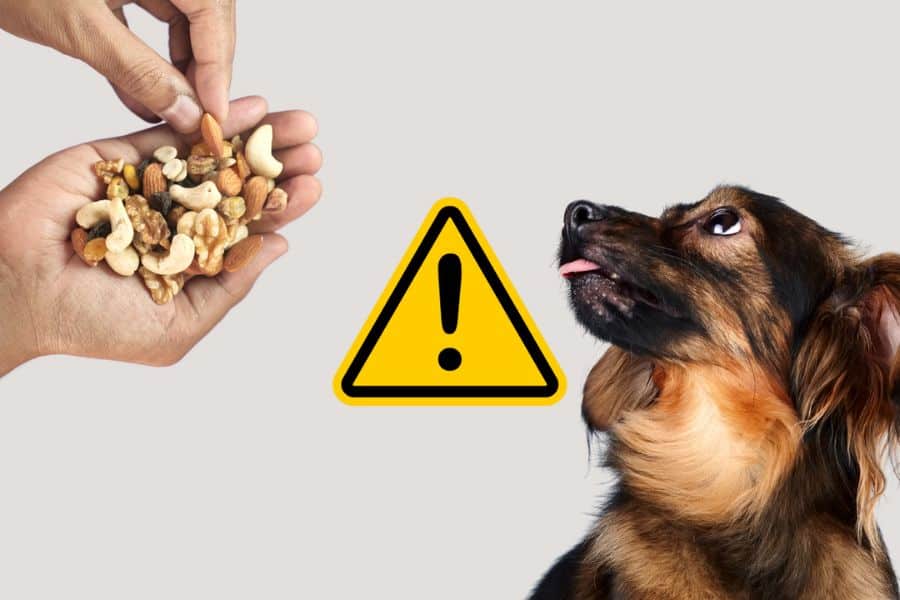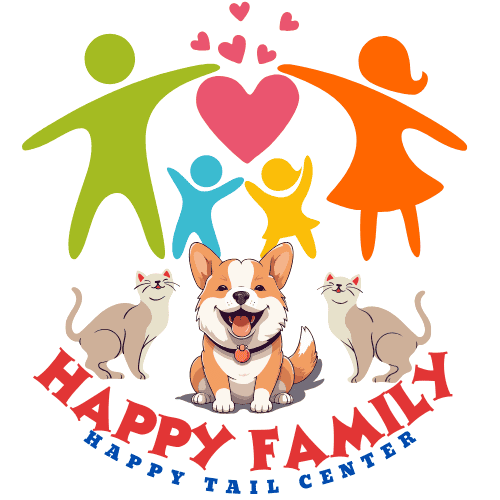
Beware the Nutty Danger: Protecting Your Pup from Toxic Nuts
Share
As pet owners, we strive to provide our furry companions with the best care and attention. However, one common household item can pose a serious threat to our canine friends - nuts. While we may enjoy the delicious crunch and nutritional benefits of nuts, it's crucial to understand that many varieties can be highly toxic and even life-threatening to dogs.
The Dangers of Nuts for Dogs
Nuts are a popular snack for humans, but they can be a dangerous indulgence for our canine companions. Certain types of nuts, such as macadamia nuts, walnuts, pecans, and almonds, contain compounds that can be toxic to dogs. These compounds can cause a range of symptoms, from gastrointestinal distress to neurological issues.
Macadamia nuts, in particular, are considered one of the most dangerous nuts for dogs. Ingesting even a small amount can lead to vomiting, tremors, weakness, hyperthermia, and even paralysis. Walnuts and pecans, on the other hand, can cause gastrointestinal obstruction, pancreatitis, and neurological problems.
Recognizing the Symptoms of Nut Poisoning
If your dog has accidentally consumed a toxic nut, it's crucial to be aware of the potential symptoms. The most common signs of nut poisoning in dogs include:
- Gastrointestinal issues: Vomiting, diarrhea, and abdominal pain
- Neurological symptoms: Tremors, weakness, lethargy, and even paralysis
- Increased heart rate
- Hyperthermia (elevated body temperature)
If you notice any of these symptoms in your dog after they've had access to nuts, it's essential to seek immediate veterinary attention. Nut poisoning can quickly escalate and become life-threatening if not treated promptly.
Preventing Nut Toxicity in Dogs
The best way to protect your dog from the dangers of nuts is to prevent them from accessing these potentially toxic treats in the first place. Here are some tips to keep your pup safe:
- Keep nuts out of reach: Store nuts in secure containers or cabinets that your dog cannot access.
- Educate your family: Ensure that all household members, including guests, understand the risks of feeding nuts to dogs.
- Supervise your dog: Never leave your dog unattended when nuts are present, and be vigilant about monitoring their behavior.
- Offer safe alternatives: If you want to provide your dog with a crunchy treat, consider safer options like carrots, green beans, or dog-friendly biscuits.
Safe Nuts for Dogs (in Moderation)
While many nuts are off-limits for dogs, there are a few varieties that can be safely consumed in moderation. These include:
- Peanuts (in small amounts and without shells)
- Cashews (also in small amounts)
- Almonds (again, in moderation)
However, it's important to remember that even these "safe" nuts should be given sparingly, as they can still cause digestive issues or weight gain if consumed in excess.
What to Do If Your Dog Eats Nuts
If you suspect your dog has ingested a toxic nut, it's crucial to act quickly. Contact your veterinarian immediately and be prepared to provide information about the type and amount of nut consumed, as well as the time of ingestion. Your vet may recommend inducing vomiting or administering other treatments to prevent or manage the symptoms of nut poisoning.
Conclusion
Protecting our beloved canine companions from the dangers of nuts is a crucial responsibility for all pet owners. By understanding the risks, recognizing the symptoms, and taking preventive measures, we can ensure our dogs enjoy a happy, healthy, and nut-free life. Remember, when it comes to your furry friend's well-being, it's always better to err on the side of caution.
